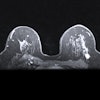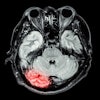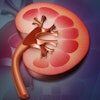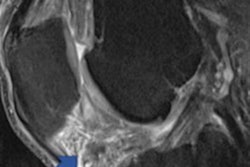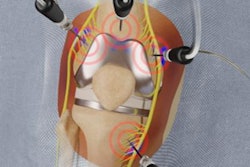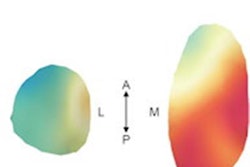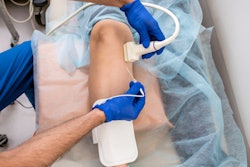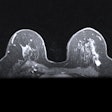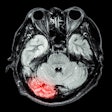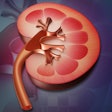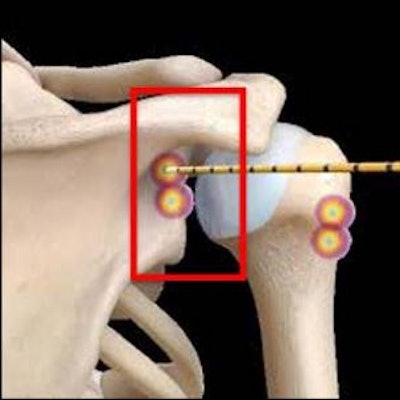
A new outpatient radiology procedure relieves pain in patients with hip or shoulder arthritis, according to research that will be presented at the upcoming virtual RSNA 2020 meeting.
The procedure, called cooled radiofrequency ablation (c-RFA), could offer patients with arthritis an alternative to surgery and reliance on opiates, study lead Dr. Felix Gonzalez of Emory School of Medicine in Atlanta said in a statement released by the RSNA.
People with moderate to severe arthritis pain don't have many treatment options, and the effectiveness of a common treatment, injections of corticosteroids into the affected joints, tends to decrease over time, leaving many patients either facing joint replacement surgery or relying on opiates to manage the pain, according to Gonzalez's group.
For the c-RFA procedure, clinicians place needles in the main sensory nerves around the shoulder and hip joints, then conduct a low-grade current, or radiofrequency, to "stun" the nerves and thus slow pain messages to the brain.
In the paper to be presented at RSNA 2020, Gonzalez and colleagues discuss how they conducted a study that included 23 patients with osteoarthritis (12 in the shoulder and 11 in the hip) that was not responding to steroid injections. The c-RFA procedure was performed two to three weeks after patients underwent diagnostic anesthetic nerve blocks; they then completed surveys regarding joint function, range of motion, and degree of pain before and three months after the procedure.
The researchers found no complications related to c-RFA. All patients experienced a statistically significant decrease in pain and an increase in function: Those with shoulder arthritis saw a decrease in pain of 85% and an increase in function of 74%, and those with hip arthritis saw a decrease in pain of 70% and a functional increase of 66%.
The researchers hope the procedure could be used for other applications, such as treating pain caused by cancer and sickle cell anemia-related pain syndrome.
